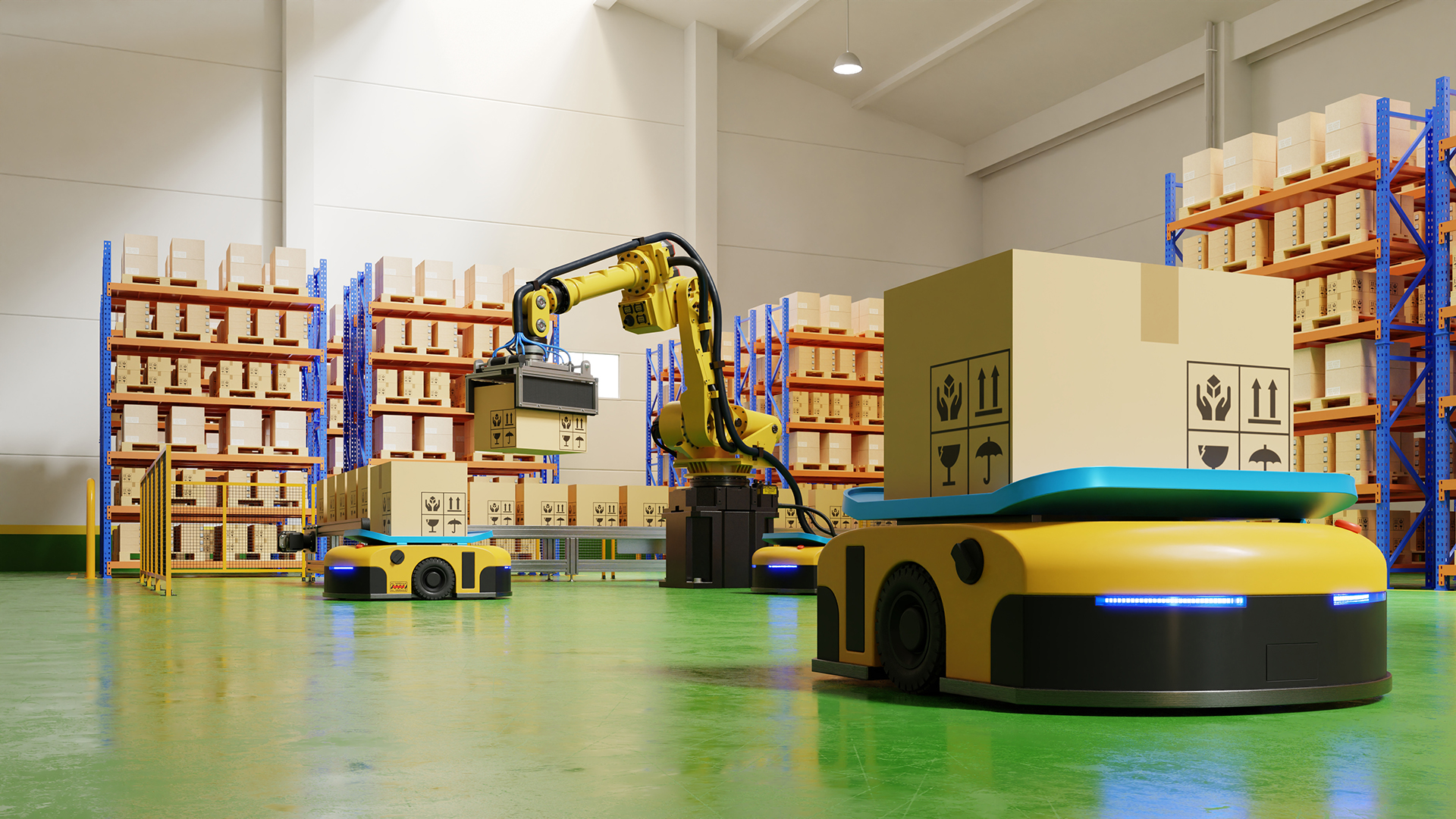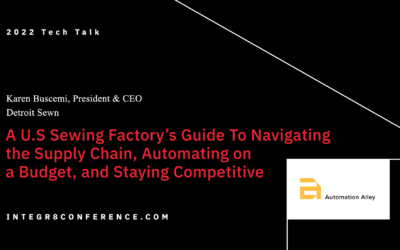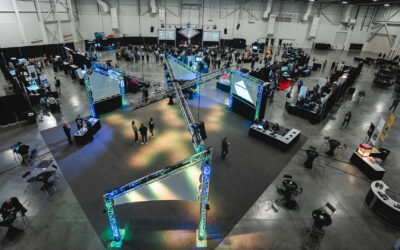There’s no question that smart factories are at the heart of the future of manufacturing. But what exactly is a smart factory, what technologies make it tick, and what makes it ‘smart’?
In a nutshell, smart factories are manufacturing facilities that rely heavily on digital technologies to improve efficiency and productivity. This means incorporating 3D printers, cobots, 5G, artificial intelligence, SERP, cloud computing, edge computing, and more into the manufacturing process.
With so many cutting-edge technologies at play, smart factories are able to operate at a level of speed, precision and flexibility that traditional factories simply can’t match. And as the world increasingly relies on digital manufacturing processes, smart factories are only going to become more prevalent – and more important.
There is certainly no one ‘silver bullet’ when it comes to creating a smart factory. Rather, it is a myriad of emerging technology coming together to take manufacturing into a new era. Here, we highlight some of the key tech that will be integral to achieving this vision.
Read more here.
The Manufacturer is the premier industry publication providing manufacturing news, articles, events and insights while promoting best practice in the manufacturing industry.Covering all manufacturing sectors The Manufacturer, is an essential resource for every manufacturing boardroom and for senior management, delivering thought leadership articles, regulatory updates and best practice case studies on a monthly basis.



